In just over 40 days, the Olympic cauldron will be lit, signaling the beginning of the Rio 2016 Games. And just like in years past, the torch carrying that flame will have made quite a journey to get there.
Four years ago, the torch travelled 8,000-plus miles across 1,000 towns over the course of 70 days to arrive in London to kick off the London 2012 Games. And as a Worldwide Partner of the London Games, Coca-Cola Great Britain was there every step of the way, hosting 61 free evening events up and down the country, four city celebrations, a Torch Relay finale bash with an audience of 80,000, and a wide range of sponsorship activities to bring the magic of London 2012 to every corner of the UK.
Talk about an Olympic feat.
Not only that, the team responsible for making it all happen was assembled from all areas of the business and even outside contractors and agencies. From music agency liaison officers and event coordinators to convoy team specialists and PR/communications professionals, they brought a wide range of different perspectives, ideas, talents and backgrounds to the table.
And now this diverse, continually expanding team would have to somehow coalesce and collaborate on a highly complex initiative with a demanding mission: flawless execution.
Firing Up Communication Skills
David Barker, who was the Strategic HR Business Partner for Coca-Cola’s London 2012 Olympic & Paralympic Games project teams, knew that flawless execution would require world-class communication. He soon realized that in order to accomplish its mission, this diverse team would need to build its Whole Brain® Thinking muscles.
“We wanted to give them practical experience on how to quickly and effectively articulate and make sure they’re being understood,” he says. “Unlike some other tools, Whole Brain® Thinking is something you can apply to any situation—a project, project teams, a problem or issue—and it gives you a neutral baseline and common ground to start with. It’s such an easy process for people to take on board and connect with.”
That was critical, because the clock was ticking as the team ramped up, and there was no room for delays or setbacks.
As part of their training leading up to the relay, team members received their HBDI® Profiles and explored how thinking preferences influence their communications, behaviors and personal performance, as well as the role thinking preferences play in achieving overall results.
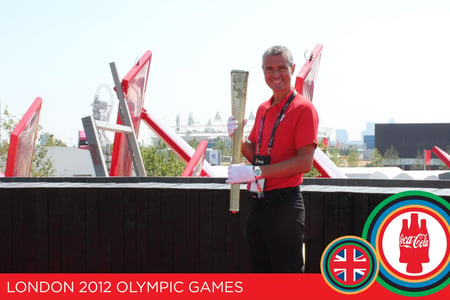 Another key component of the preparations was scenario planning, using the Whole Brain® Communicator process. The team went through a series of hypothetical exercises of potential situations that could occur during the relay and practiced using Whole Brain® Thinking techniques and tools to communicate with each other.
Another key component of the preparations was scenario planning, using the Whole Brain® Communicator process. The team went through a series of hypothetical exercises of potential situations that could occur during the relay and practiced using Whole Brain® Thinking techniques and tools to communicate with each other.
They learned to “walk around” the thinking quadrants of the Whole Brain® Model to provide a complete picture of the situation in a way that would quickly translate the scenario into actions to address it:
- What’s the situation?
- Who are we communicating to?
- What do they need to know?
- What could happen next?
A Team of Diverse Thinkers Comes Together
After the whirlwind of the Games was over and the dust began to settle, it was clear that the Whole Brain® communication training paid off. The team learned how to think and communicate clearly in the heat of the moment, making sure the flame not only reached its destination but that its journey was a memorable experience for everyone in its path.
As Barker says:
Time has been a premium on this project, so taking time out of the day to spend on yourself doesn’t seem like a good investment in the short term. But it adds so much value in the long term. Whole Brain® Thinking has given us not just a theoretical model but something that is easy and quick to apply. There are so many different and practical ways to use it.
Working Out Your Cross-Functional Communications
The next time your cross-functional teams are having trouble bridging the communication divide, remember that both occupational and thinking preference differences can create huge hurdles. But you don’t have to be an Olympian to get results like the Olympic Torch Relay Team. You just have to develop and keep exercising your Whole Brain® communication muscles.
Read the case study and learn how Coca-Cola Great Britain developed the communication and collaboration skills to manage the logistical feat of a 1,000-city Olympic Torch Relay.


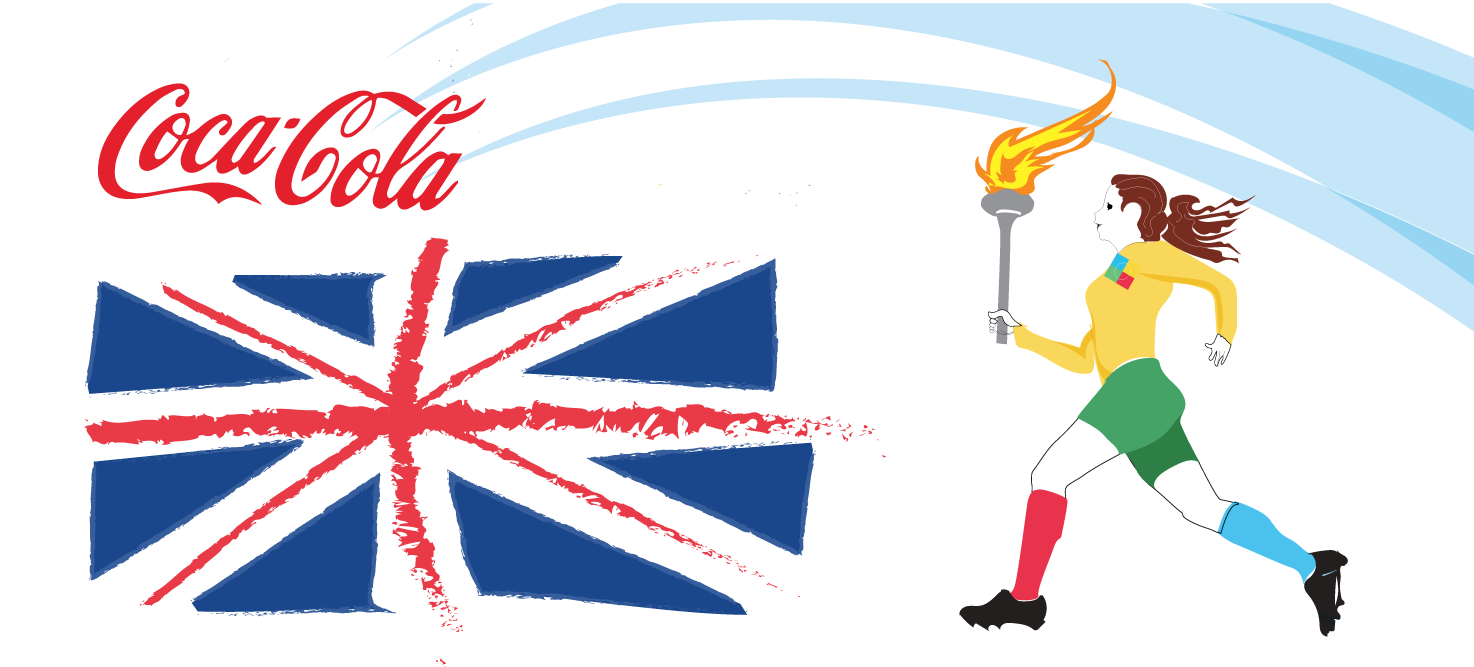

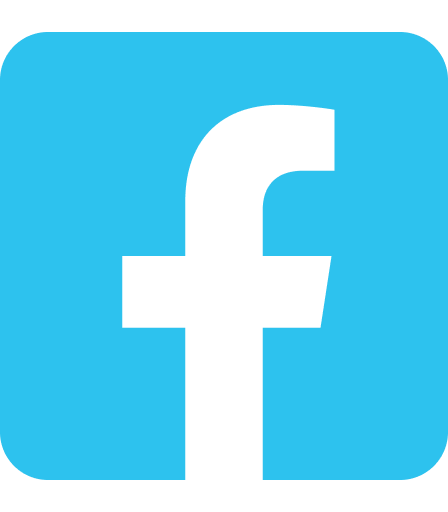
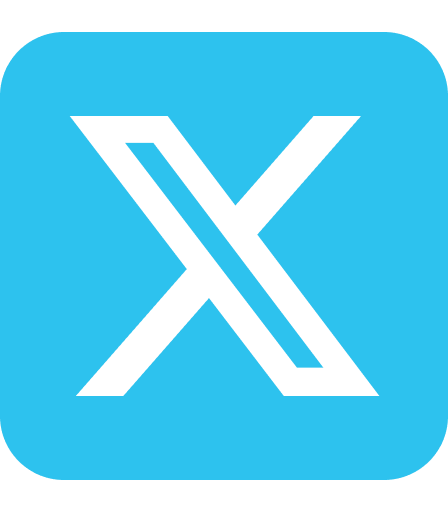
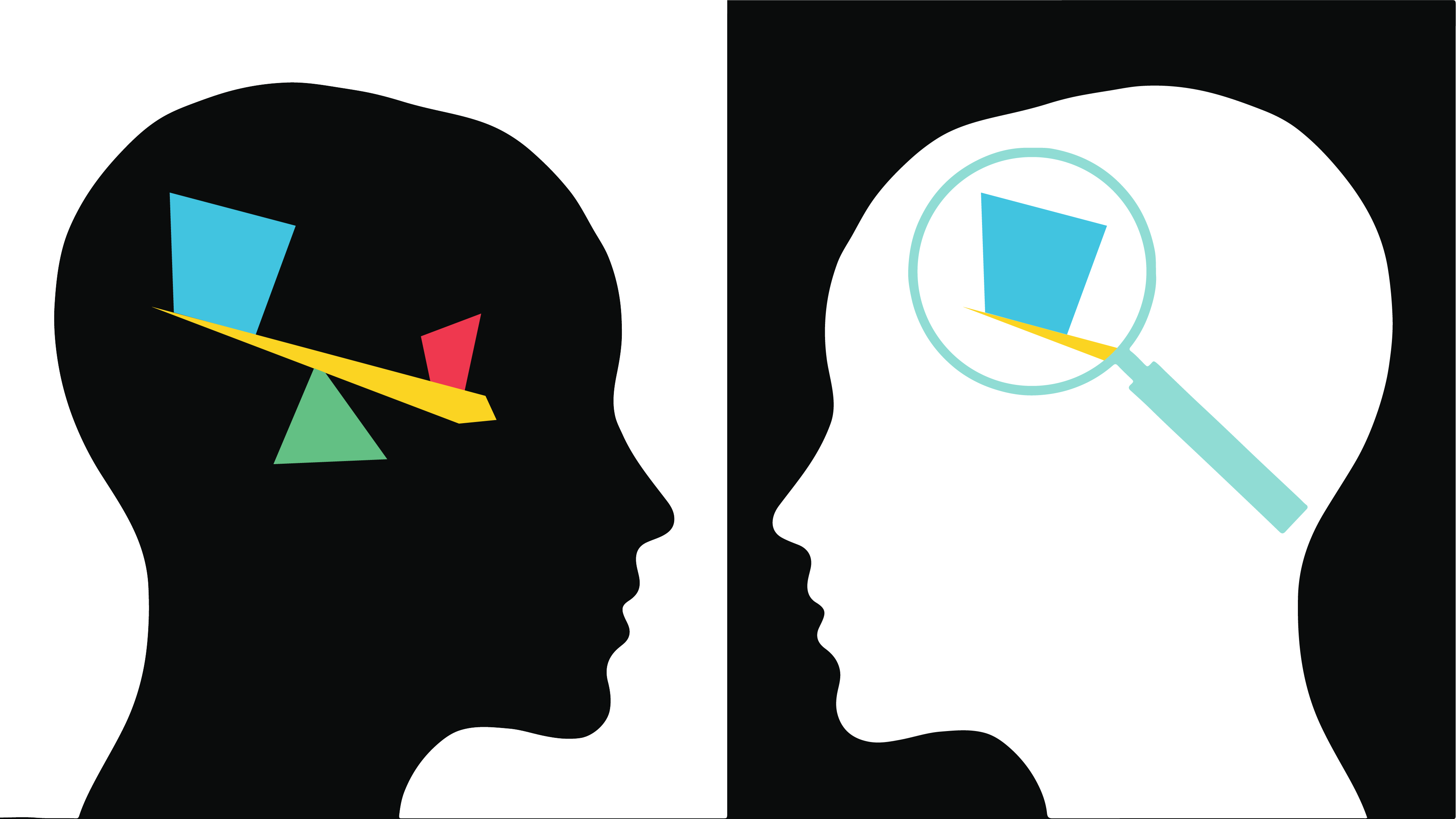
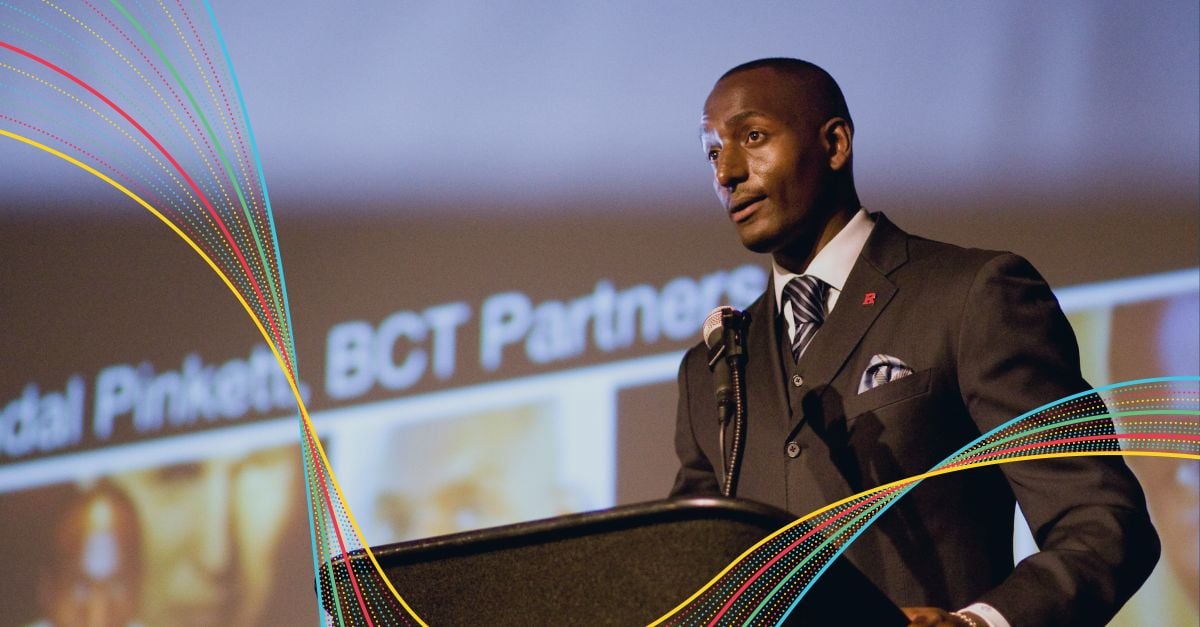
-1.png)



